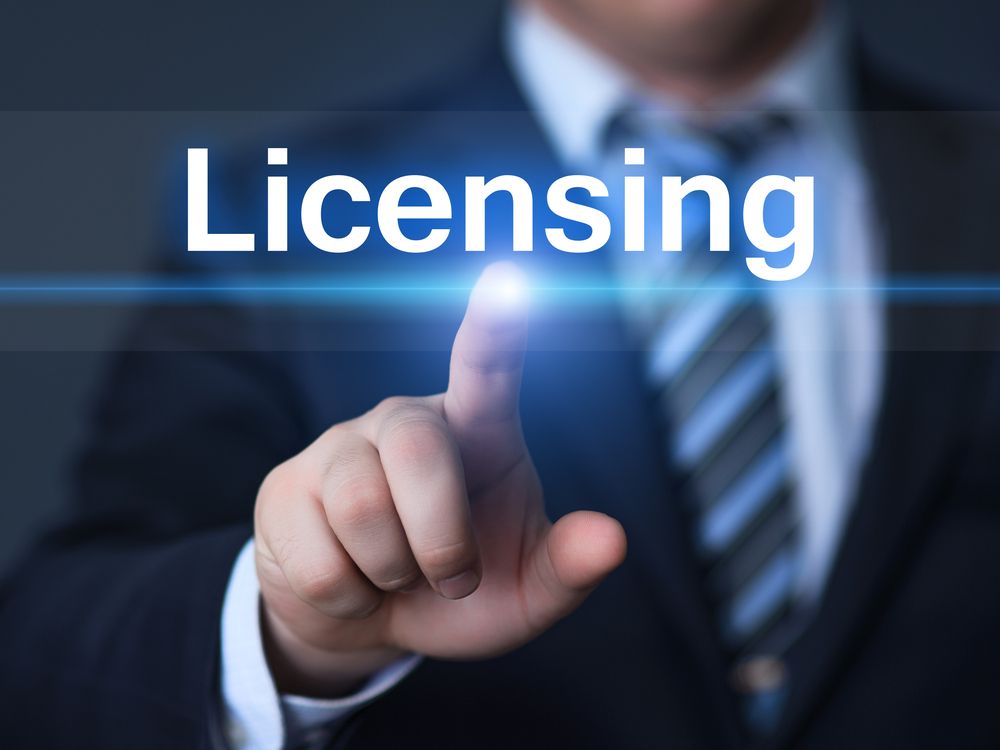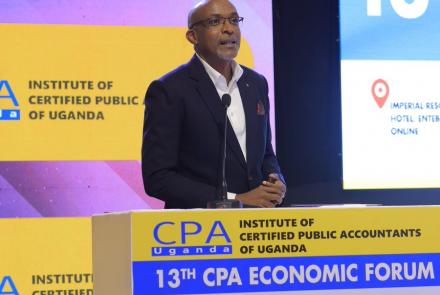By CPA Susannie Kyamanywa
Manager, Quality Assurance and Regulation, ICPAU
Audit and Assurance services are interlinked with the level of Audit Quality. Audit quality is integral to the effectiveness of a good financial reporting value chain. Audit quality requires all stakeholders involved in the financial reporting value chain to undertake their roles robustly, competently and diligently.
The results of the fourth audit quality review cycle of the Institute of Certified Public Accountants of Uganda (ICPAU), which ended in March 2021 reveal that over 50% of the firms reviewed had serious audit quality concerns implying that there are high chances of reaching a wrong audit and assurance opinion due to the quality challenges exhibited.
The Quality Assurance Board (QAB) takes the issue of Audit Quality seriously and embarked on a study to appreciate the challenges of the audit market. The Board noted that some practising accountants have only a few audit clients and generate meagre revenues from performing audit and assurance services. This group of practitioners, it was noted, generates a significant proportion of their revenues from non-assurance services and continues to have challenges with audit quality. Further, it was noted that some accountants when applying for certificates of practice (CoP) indicate a desire to focus exclusively on non-assurance services. Thus the Board explored whether it was time to review and change the licensing practices for accountancy in the country.
In a survey conducted by ICPAU in August 2021, 69% of the respondents agreed with the need to review the licensing framework for practising accountants and indicated that this would help improve the quality of work.
Changes in the accountancy practice Licensing Regime
In response to the survey conducted and, in a bid to address the audit quality challenges, the Council of ICPAU has reviewed and approved changes in the accountancy practice licensing regime. Practising accountants will now be licensed to offer services in their desired areas of accountancy but ensuring that one can demonstrate the specialised expertise for their choice.
The Council has approved two broad categories of certificates of practice. The first category permits a practising accountant to provide all types of accountancy services (including audit and assurance services). The second category of certificates of practice permits the holder to only provide non-assurance services (that is excluding audit and assurance services).
The review and changes in the licensing regime for practising accountants are intended to drive public confidence in the financial reporting value chain and promote provision of high quality accountancy services. The two broad categories are further explained below;
Certificate of Practice to provide all types of accountancy services
Applicants who intend to obtain certificates of practice that permit provision of all types of services will be required to acquire and demonstrate professional capacity, training and competence to undertake all assignments under this license.
Practising accountants licensed under this category will be assessed, at application stage and on an ongoing basis, through review of the engagements they have carried out to demonstrate the capabilities and competence needed to take up responsibility for audit and assurance engagements.
All practising accountants performing audit and assurance services are required to adhere to the highest professional, quality control and ethical standards. They will be required to ably demonstrate expertise and compliance with International Education Standard (IES) 8 – Professional Competence for Engagement Partners.
Where ICPAU discovers non-compliance with the applicable standards, the responsible practising accountants may be restricted from the provision of audit and assurance services for a period determined by the Quality Assurance Board.
Certificate of Practice to provide non-assurance services
An applicant for certificate of practice may wish to provide only non-assurance services. In such circumstances, a certificate of practice to provide only non-assurance services will be issued.
Existing practising accountants whose performance at quality assurance review necessitate disciplinary and/or regulatory action may be restricted from providing audit and assurance services where the QAB deems so and the Council approves it. In such circumstances, a certificate of practice to provide only non-assurance services will be issued to the affected practitioner even if that practitioner previously held a CoP for all accountancy services.
Upon implementing the revised licensing regime, it is expected that more members will be able to join accountancy practice, and this will make accountancy services more accessible to the public. The revised regime will also strengthen the accountancy profession in Uganda and ultimately improve the quality of accountancy by fostering specialization.
The reforms also bring the ICPAU licensing regime closer to the practices in other East African countries.
The new changes apply prospectively. Existing practising accountants will continue to be licensed to provide all accountancy services, except where audit quality concerns are raised, in which case the affected practitioners may be subjected to appropriate disciplinary action and restrictions.
Please contact standards@icpau.co.ug for further information regarding these changes.
END.



